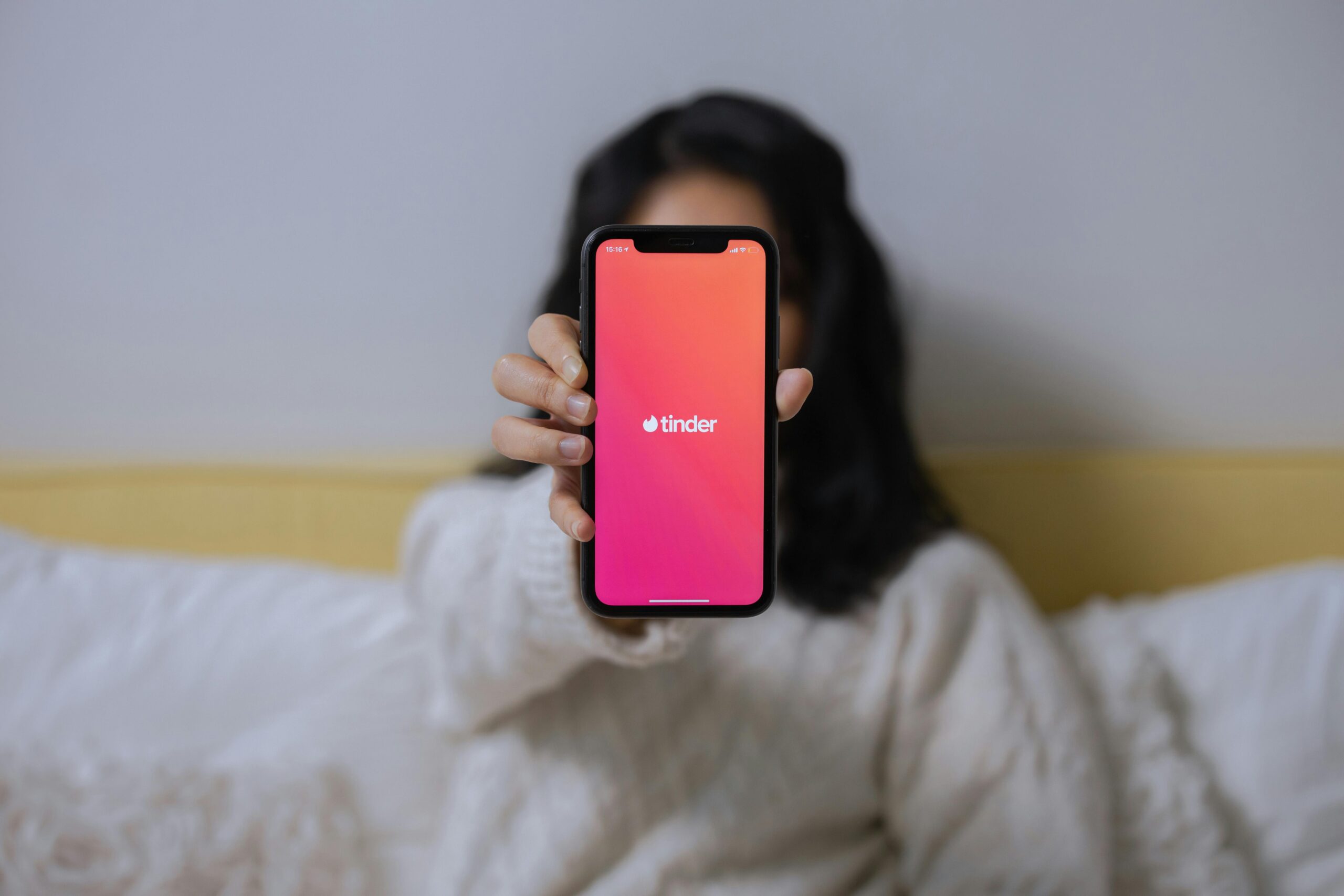
World, the biometric ID company best known for its eyeball-scanning Orb devices, announced on Wednesday several key partnerships aimed at expanding its reach and demonstrating the versatility of its identity verification technology.
World is collaborating with Match Group, the parent company of popular dating apps like Tinder, to introduce identity verification for Tinder users in Japan. The partnership will use World’s identity verification system, leveraging its biometric tech to authenticate users. Additionally, World has teamed up with Kalshi, a prediction market startup, and Morpho, a decentralized lending platform. These partnerships will allow customers to log in to both services using their digital IDs, which are already registered with World.
Perhaps the most notable of these collaborations is with Visa. World is preparing to launch The World Card, a card that will enable users to spend digital assets anywhere Visa is accepted. The card will work by converting cryptocurrencies into fiat currency automatically, making crypto transactions simpler. It may also offer specific rewards for users subscribing to certain AI services.
World’s Push for Mainstream Adoption
Since its founding in 2019, World has raised substantial funding and developed digital IDs for millions of users, but it has yet to achieve widespread mainstream adoption. One of the challenges has been its cumbersome approach to verifying identities, which has made it difficult for casual users to embrace the technology.
Now, with these strategic partnerships, World is seeking to reach a broader audience. By integrating into widely used services like Tinder and Kalshi, and launching products such as the World Card, World aims to demonstrate how its technology can seamlessly fit into everyday digital experiences.
In a surprise move, World also announced a collaboration with Stripe, which will allow users to make payments with World’s digital IDs on Stripe-enabled websites and apps. However, the company did not specify when this feature would be available to the public.
Author’s Opinion
World’s partnerships with Tinder, Visa, and others bring the potential for biometric verification to go mainstream. However, it raises important questions about privacy and security. Scanning and storing people’s biometric data could lead to serious risks if not managed carefully. If these systems become ubiquitous, the question of who controls the data will become critical, and users may find themselves facing unwanted exposure to privacy breaches.
Featured image credit: cottonbro studio via Pexels
Follow us for more breaking news on DMR
